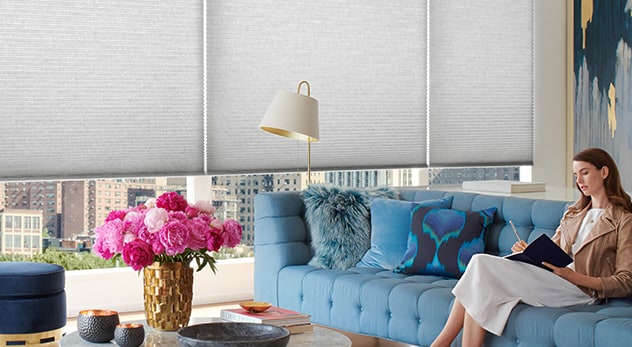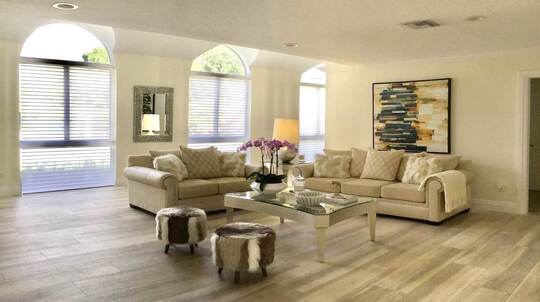Difference Between Window Shades and Blinds – Detailed Guidelines
- July 15, 2022
- Posted by: Teresa Sablon
- Category: Window Treatments
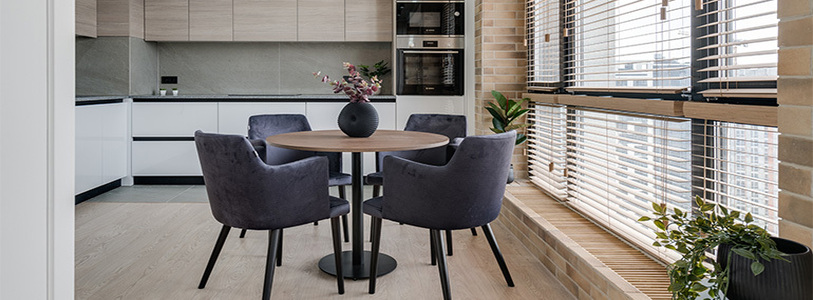
The difference between window shades and blinds refers to different styles of window coverings. Individual slat-based window treatments are known as blinds. When lowered, the slats can be moved to let in more or less light or totally elevated for an unhindered view.
Instead of using slats to achieve light control and privacy, shades, on the other hand, are created from single panels of fabric or woven wood.
Shades are made of cloth or plastic material, which can be adjusted to any position. On the other hand, blinds are made up of slats that are operated using a rod or cord.
Some blinds have a tilt option which allows you to control the amount of light coming into your room. Blinds have more style options than shades, as they can be customized according to your taste and preference.
In short, the difference between shades and blinds – shades are a single solid window covering made from softer textiles, whereas blinds are structured window treatments featuring slats that can be tilted open or closed.
Shades – Shades are made from fabric or vinyl and placed over an opening in a window frame. They’re available in different colors, styles, and textures. Fabric Shades come in slats that slide up and down.
Blinds – Blinds are made from wood slats or metal slats that hang vertically or horizontally inside a window frame. They’re available in a variety of materials like vinyl, plastic, aluminum, and wood.
Some blinds have louvers that allow airflow through the blind while still blocking sunlight. Blinds can be stationary or tilt outwards when you need more light in a room during the day but still want privacy at night time.
Difference Between Window Shades and Blinds – Which to Choose?
Controlled light
These needs are satisfied in various ways by both blinds and shades. Blinds provide the most flexible light control due to their slatted design. To control where the light falls and how much comes in, you simply tilt the slats. You can even totally raise the blinds if you want an unobstructed view.
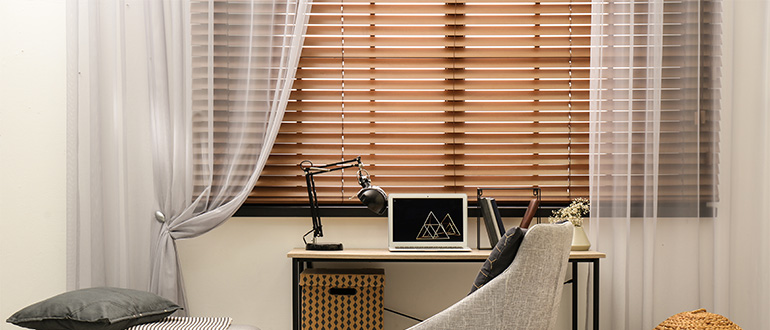
Shades work better in diffusing light or completely darkening a space. Most cellular shades produce a pleasant, warm glow when they are closed without compromising any privacy.
Bedrooms and home theaters benefit from the ability to totally black out a room with room darkening blinds or vinyl roller shades. Solar shades might be the best option if you wish to block heat and absorb UV radiation from the sun yet allow you to see the outside.
Cleaning/Cleansing
How frequently do you envision cleaning your window coverings? Do you have children or pets, or are they in a busy area? While delicate spot cleaning or the brush attachment on a vacuum often work well to clean shades, more difficult stains or accumulations of grime could require a professional. Conversely, blinds and shades both typically just need simple vacuuming or the occasional cleaning with a soft cloth.
Insulation
A variety of shades are excellent insulators since they either keep your home cooler by blocking the sun’s rays, restrict warm air from escaping in the winter, or do both.
Due to their distinctive honeycomb air pockets that separate the room from the window and are its most distinguishing feature, cellular shades are typically regarded as the most energy-efficient window treatments in that regard.
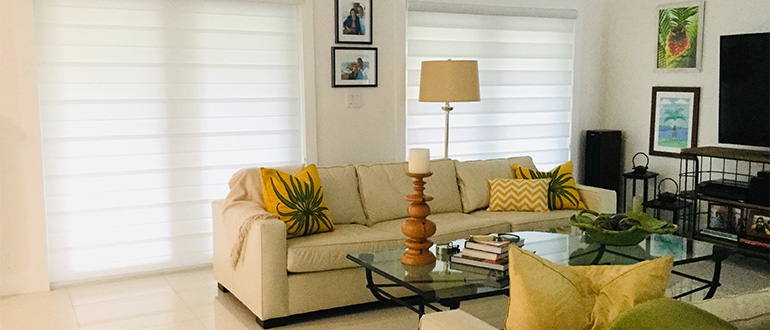
Safety and Security
The lift cord is the main source of blinds and shade safety concerns. For both shades and blinds, Decosol offers a variety of cordless designs as well as motorization choices.
Cordless blinds still have laddering strings connecting the slats; thus, cordless shades may provide a tiny safety advantage for those with small children or pets.
Privacy
Blinds and shades can both provide privacy by obstructing the view from the outside, but this function has certain complexities. Blinds can be deliberately adjusted to let in light while obstructing sightlines.
In the meantime, the degree of seclusion for various types of shades varies depending on the building material. In contrast, roller shades made of vinyl or an opaque fabric offer remarkable seclusion.
For instance, roller shades made of a more translucent fabric may block a detailed view while still revealing silhouettes.
Durability
Blinds are more durable than shades since they are made of sturdy materials like wood, PVC, and aluminum.
Discover Your Ideal Match?
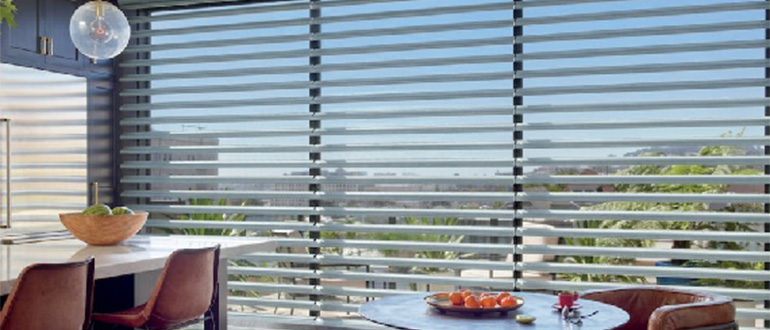
Decosol helps you in getting the ideal match for your home window shades and blinds. The most obvious difference between window shades and blinds is the way they operate. Blinds are typically operated by cords or chains that run through the head rail or bottom rail of the blind.
When you pull on these cords or chains, the slats in your blind will open or close. Window shades are raised and lowered by raising and lowering a rod attached to them.
The main advantage to this is that you don’t have to worry about accidentally pulling out your window shade’s cord when raising or lowering your window shade.
Though shades and blinds are often compared, there is no competition between the two. The former is operated by a manually-operated rod which gives the owner full control over their ability to open and close their shades on a whim.

